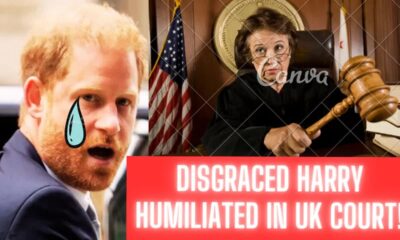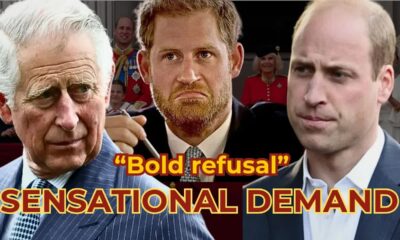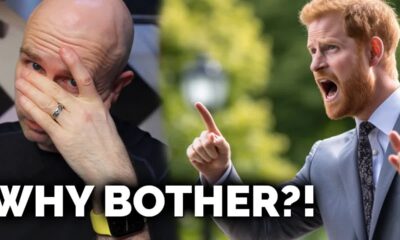All round
Charlie Chaplin Banned From entering America
Charlie Chaplin’s first visit to England in 21 years occurred in September 1952, but it also marked the beginning of his exile from the United States. The voyage to Europe was intended to be a short one to promote Chaplin’s new film Limelight, with Chaplin commenting upon his departure, “I shall probably be away for six months, but no more.” However, while Chaplin was still at sea on September 19, the US Attorney-General announced preparations to launch an investigation into whether he would be re-admitted to the US. In the end, he would not return for another 20 years.
Despite having lived in the United States for 40 years, Chaplin was still legally deemed a British citizen. The actor had been suspected of sympathizing with left-wing causes, and he had enraged the government when he condemned the government’s efforts to combat communism as being a denial of free expression and a violation of civil rights. Chaplin’s name was ultimately blacklisted in Hollywood.
Charlie Chaplin had a difficult time in the 1940s. He went through a public divorce from his second wife, and the film industry was shifting from silent to talkies, which scared Chaplin. He took several months off to travel the world, first to England, then across Europe and into Japan, where he met with politicians and social leaders who piqued his interest in the suffering of the working class.
Mr Chaplin had been on the FBI’s Security Index since 1948, and he was one of over 300 people who were blacklisted by Hollywood film studios and unable to work after refusing to cooperate when he came before the Committee.
American critics of Chaplin’s “anti-Americanness” had been following him since 1917.
Trending:
- Meghan Markle Steals the Spotlight Again: A Royal Engagement Gone Awry
- “Harry and Meghan’s Tense Moment: A Marriage Under Scrutiny”
- Tension Unveiled: Frances Marquez’s Discontent with Meghan Markle in Colombia
- Elton John’s Scathing Remarks Leave Meghan Markle in Tears at Music Awards
- Meghan Markle’s On-Set Outburst: A Diva in Disguise?
Chaplin’s political side came to the fore during World War II. Although he claimed not to be a communist, he did advocate for the United States to start a second front to aid the Soviet Union during the war, lobbied for greater US–Soviet relations, and attended several social gatherings sponsored by Soviet diplomats in Los Angeles. The FBI was looking into the actor and his political activities as early as 1947, but it took them another five years to fulfill their goal of having Charlie Chaplin deported from the United States.
Lloyd Wright, Mr Chaplin’s lawyer in Hollywood, said the re-entry visa was valid for a year.
“The immigration was so nice about issuing Chaplin his permit and even told him to hurry back,” he claimed.
“Now the minute he gets on the high seas this comes up.”
Chaplin had had enough and left to Switzerland with his family, returning to America only 20 years later to accept an award from the Academy of Motion Picture Arts and Sciences for his incalculable contributions to modern cinema.
When asked if he was a member of the Communist Party, Mr Chaplin replied, “I do not want to create any revolution, all I want to do is create a few more films.
“I might amuse people. I hope so.”
Chaplin landed in Southampton on September 23 to a thunderous welcome from fans and well-wishers, and later that day attended a news conference in London, stating unequivocally that he was not a Communist, but rather someone “who wants nothing more for humanity than a roof over every man’s head.”
Chaplin was furious about his exile. Even though he held a British passport, he had lived in the United States for more than four decades, significantly longer than he had in his ostensible nation. He promised never to return to the United States after finding a home in Switzerland, but he couldn’t stay mad forever. After 20 years in exile, he returned to the Oscars in 1972 to accept an honorary prize. Nonetheless, he didn’t remain long. He promptly went to Switzerland, where he remained until his death in his sleep in 1977, at the age of 88.




















































































